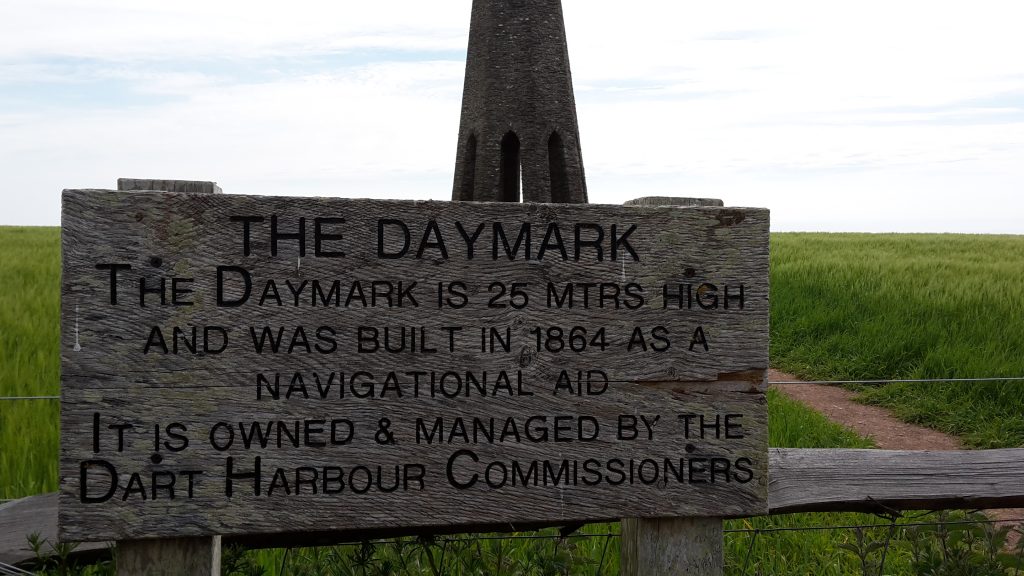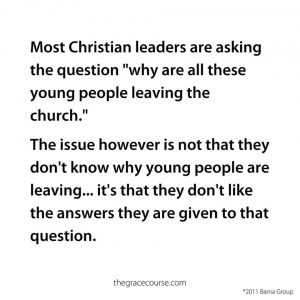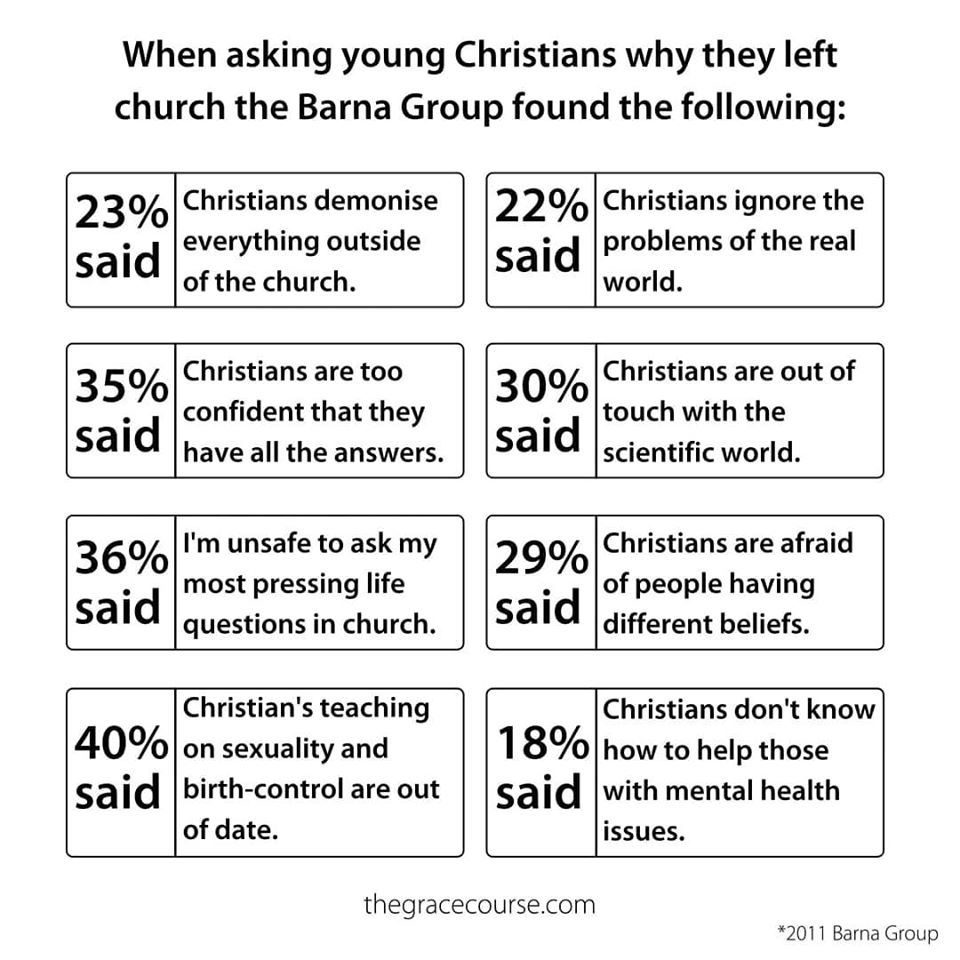Here is a great post by Paul Ellis, on the meaning of the word ‘holiness’, a term so abused in its misunderstood state that it can be said to be responsible for untold damage inflicted on believers by those who simply don’t know what it means – but think they do! Veteran believers will know exactly what I’m talking about 🙂
One of the reasons why we don’t walk in the freedom that the gospel brings, is that we have changed the meaning of words. We have made beautiful words ugly and turned truth into lies. We tell ourselves that we are doing what the Bible says, but since we have redefined words in the Bible, we are fooling ourselves.
For instance, we’ll tell ourselves that repentance means turning from sin. (It doesn’t.) Or that confession means reviewing my mistakes. (Wrong again.) So we review our mistakes and turn from sin until we’re blue in the face and then wonder why nothing’s changed.
Holiness is another word that comes to us mangled by the machinery of religion. We’ve heard that holiness means avoiding sin or being set apart, but that’s not what holiness is. It’s not that those definitions are entirely wrong; they are just not quite right. Like defining light as the absence of darkness or wealth as the absence of poverty, we have missed the essence of the thing.
Holiness means wholeness. To say “God is holy” is to refer to the wholeness, fullness, beauty, and abundant life that overflows within the Godhead.
God lacks nothing. He is unbroken, undamaged, unfallen, completely complete and entire within himself. He is the indivisible One, wholly self-sufficient, and the picture of perfection. When the angels sing “Holy is the Lord,” they are not admiring him for his rule-keeping or sin avoidance. They are marveling at the transcendent totality of his perfection.
To worship God in the beauty of his holiness is to be awestruck by the infinite sweep and scale of his sublimity. It is to become lost in the limitless landscape of his loveliness.
Holiness is not one aspect of God’s character; it is the whole package in glorious unity. It is the adjective that precedes all other attributes. Hence, the love of God is a holy love; it is the whole and unrestrained love of the Trinity spilling over into the hearts of humanity.
Similarly, his righteousness is a holy righteousness; it is the habit of right action that flows from One who is in such harmony with himself that he is incapable of acting any other way.
And his joy is a holy joy; it is the pure and unshadowed delight that accompanies every expression of his love and goodness.
Holiness is hard for us to comprehend because we have never seen its like. We are more familiar with our needs than his fullness, our brokenness than his wholeness. When the writer of Hebrews said, “Without holiness no one will see the Lord,” he was not making a threat but describing a fact (Heb. 12:14). And when the New Testament writers exhort us to “be holy,” they are calling us to live out our true Christ-borne identity.
This does not come naturally. Our experience in a sick and broken world has not equipped us to relate to One who is healthy and whole. We don’t even speak the same language. Our native tongue is the language of lack and longing, but Jesus speaks the language of abundant life.
“Be perfect, as your heavenly Father is perfect,” said the Holy One (Matt. 5:48). The word for perfect means complete or full grown. It means whole. Jesus was saying, “Be whole as your Father in heaven is whole.”
He was calling us to the life that is his.















 , piece by piece, and concept by concept. In particular, he tackles in a thorough and scholarly manner the two main parables taught by Jesus which those who believe in ECT (also known as ‘Infernalists’) use as the main supporting pillars of their doctrine.
, piece by piece, and concept by concept. In particular, he tackles in a thorough and scholarly manner the two main parables taught by Jesus which those who believe in ECT (also known as ‘Infernalists’) use as the main supporting pillars of their doctrine.


